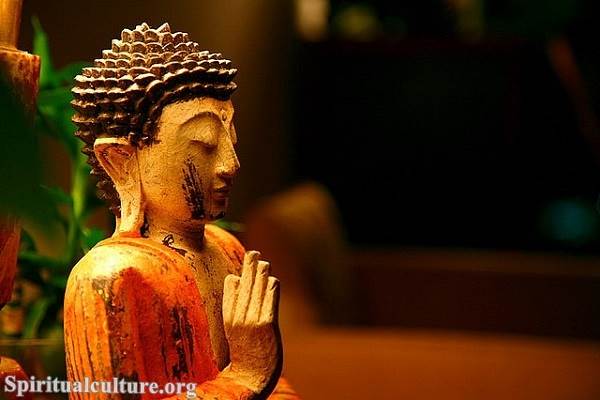These are greed, anger, and ignorance. These three poisons are the root cause of all suffering and negative actions, and overcoming them is an important aspect of the Buddhist path.
Greed
Greed, known as desire or attachment, is characterized by an excessive craving for material possessions, power, or pleasure. It can lead to selfishness, jealousy, and a lack of contentment.
Anger
Anger, also known as ill will or hatred, is characterized by resentment, hostility, and aggression toward others. It can lead to violence and conflict.
Ignorance
Ignorance, also known as delusion or confusion, is characterized by a lack of understanding or insight into the true nature of reality. It can lead to harmful actions and a lack of compassion for others.

In addition to these three poisons, there are five traditional “precepts” that Buddhists may choose to follow as a moral code. These are:
– To refrain from taking life (non-harming)
– To refrain from taking what is not given (non-stealing)
– To refrain from sexual misconduct
– To refrain from false speech (lying)
– To refrain from taking intoxicants (moderation in the use of alcohol and other substances)
Following these principles, Buddhists strive to cultivate positive qualities such as kindness, compassion, and wisdom and reduce suffering in themselves and others.


